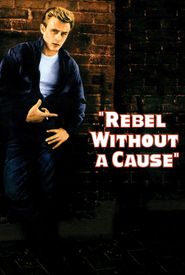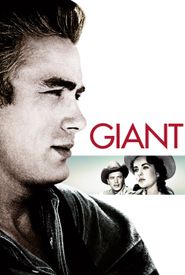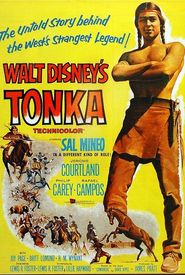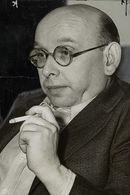Salvatore "Sal" Mineo Jr. was born to Josephine and Sal Sr., a casketmaker who had emigrated to the United States from Sicily. He was the middle child among three siblings, including Michael, Victor, and Sarina. Despite a tumultuous childhood, Mineo's mother enrolled him in dancing school, which proved to be a pivotal moment in his life.
As a young boy, Mineo was already exhibiting signs of a troubled youth. By the age of eight, he was a member of a street gang in a tough Bronx neighborhood. However, his life took a dramatic turn when he was arrested for robbery at the age of ten. Given a choice between juvenile confinement and professional acting school, Mineo chose the latter and began his journey in the world of entertainment.
On stage, Mineo made his debut in the theatrical production "The Rose Tattoo" alongside Maureen Stapleton and Eli Wallach. He also appeared as the young prince in "The King and I" with Gertrude Lawrence and Yul Brynner. At the tender age of 16, Mineo played a much younger boy in "Six Bridges to Cross" (1955) alongside Tony Curtis, and later that same year, he landed the role of Plato in James Dean's "Rebel Without a Cause" (1955).
Mineo's performance in "Rebel Without a Cause" earned him a nomination for Best Supporting Actor, and he was again nominated for his role as Dov Landau in "Exodus" (1960). Throughout the 1960s and 1970s, Mineo continued to work steadily in supporting roles on TV and in film, including "Dr. Milo" in "Escape from the Planet of the Apes" (1971) and "Harry O" (1973).
In the late 1960s and early 1970s, Mineo returned to the stage, directing and starring in the play "Fortune and Men's Eyes" with successful runs in both New York and Los Angeles. He continued to work in television and film, appearing in a range of roles, including the San Francisco hit production of "P.S. Your Cat Is Dead" in 1975.
Tragically, Mineo's life was cut short on the evening of February 12, 1976, when he was attacked and stabbed to death by a stranger outside his Los Angeles home. Lionel Ray Williams, a drifter, was arrested for the crime and, after trial in 1979, was convicted and sentenced to life in prison for the murder. However, Williams was paroled in 1990.
Despite his untimely death, Mineo's memory continues to live on through the large body of TV and film work that he left behind.



















































